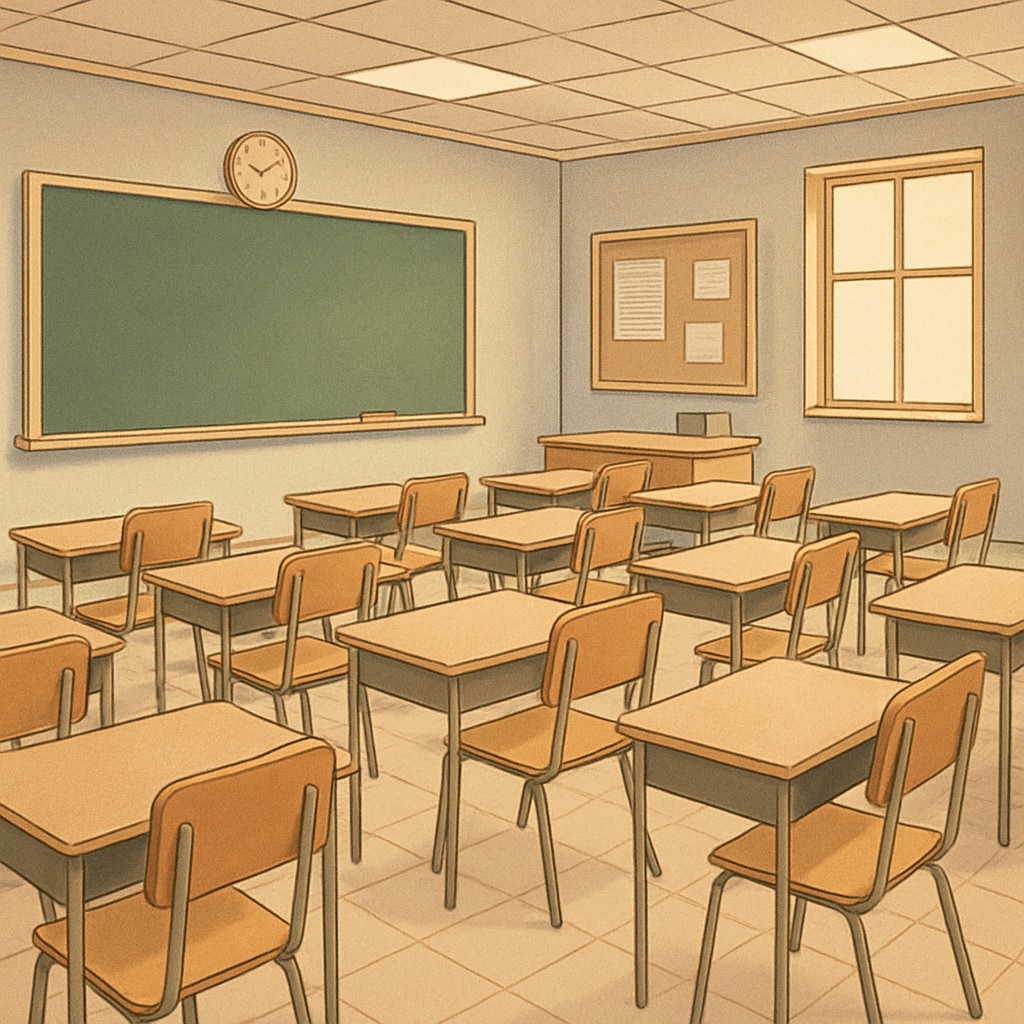In a controversial move, Oklahoma has introduced a political screening process for out-of-state teacher applicants, including those from states like New York and California. This policy, which involves a 50-question test purportedly designed to assess an applicant’s political leanings, has sparked widespread debate. Critics argue this initiative threatens the professional integrity of education and raises troubling questions about the growing politicization of schools. The implications for K-12 education are profound, as the line between professional qualifications and political ideology becomes increasingly blurred.

Why Is Oklahoma Implementing Political Screening for Teachers?
The rationale behind Oklahoma’s political screening policy remains a subject of heated discussion. Proponents claim the state is responding to concerns about ideological “indoctrination” in classrooms. They argue that the test ensures teachers align with what they describe as Oklahoma’s “community values.” This approach, they assert, is a safeguard against the perceived infiltration of political bias from states like New York and California, which are often viewed as more liberal.
However, critics argue that this policy is less about protecting students and more about enforcing a specific political agenda. By focusing on the political leanings of teacher applicants, the state risks sidelining professional qualifications and teaching expertise. The policy also raises ethical questions about whether it is appropriate to evaluate educators based on their personal beliefs rather than their ability to teach effectively.
Potential Impacts on K-12 Education
This policy has significant implications for K-12 education in Oklahoma. First and foremost, it may deter qualified educators from applying to teach in the state. Out-of-state teachers who might bring valuable experience and new perspectives could be discouraged by the political screening process. As a result, Oklahoma’s schools may face increased challenges in addressing teacher shortages.
Moreover, the policy risks creating a chilling effect within the classroom. Teachers may feel pressured to self-censor or avoid certain topics altogether to avoid accusations of bias. This could stifle critical thinking and open dialogue, which are essential components of a well-rounded education. The policy also raises broader concerns about the role of education in a democratic society. Should schools be spaces for ideological conformity, or should they encourage diverse perspectives and critical inquiry?

The National Debate on Education and Politics
Oklahoma’s policy is not an isolated case but part of a broader trend of increasing politicization in education. Across the United States, debates over curriculum content, book bans, and teacher training programs have become highly politicized. These discussions often reflect deep divisions over issues such as race, gender, and history. While education has always been influenced by cultural and societal values, the current climate raises concerns about the extent to which political agendas are shaping educational policies.
For instance, similar controversies have emerged in states like Florida and Texas, where debates over “critical race theory” and LGBTQ+ issues have led to significant changes in educational policy. These developments highlight the growing tension between the need for a politically neutral education system and the desire of some policymakers to align education with their ideological beliefs.
Where Do We Go from Here?
Addressing the challenges posed by Oklahoma’s political screening policy requires a balanced approach. Policymakers must consider the long-term implications of prioritizing ideology over expertise. Professional teaching standards should remain the cornerstone of hiring practices, ensuring that educators are selected based on their ability to meet students’ educational needs rather than their political views.
In addition, fostering dialogue between educators, policymakers, and community members can help bridge divides and create policies that reflect shared values without compromising educational integrity. As debates over the role of politics in education continue, it is crucial to prioritize students’ best interests and protect the core mission of schools: to educate, inspire, and prepare the next generation for an increasingly complex world.
Ultimately, the question is not whether politics have a place in education—because they inevitably do—but how to ensure that political considerations do not undermine the professional standards and ethical principles that underpin effective teaching.
Readability guidance: Short paragraphs and clear transitions are used to maintain reader engagement. Lists summarize key points where appropriate. The article avoids excessive passive voice and long sentences, ensuring accessibility to a broad audience.


